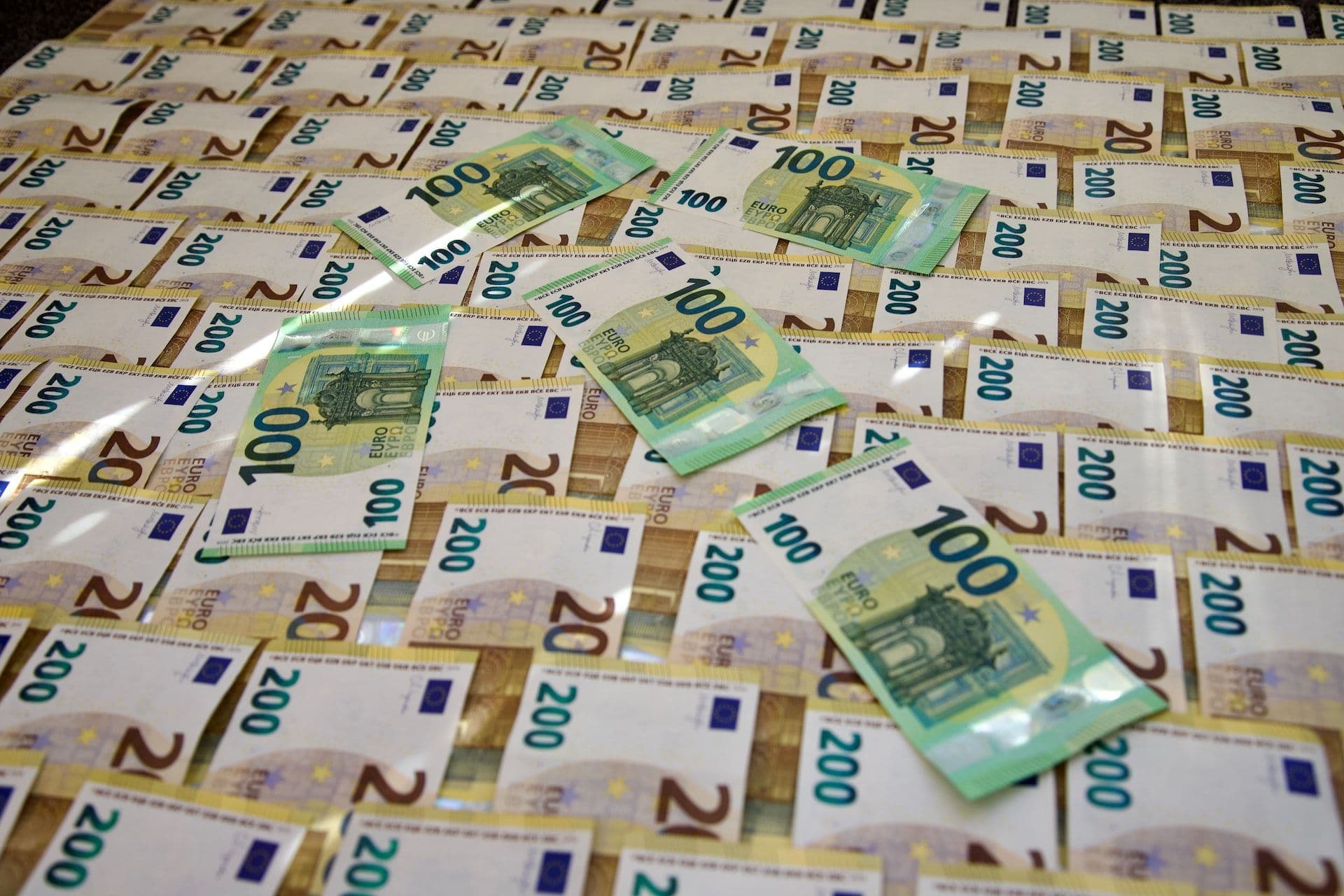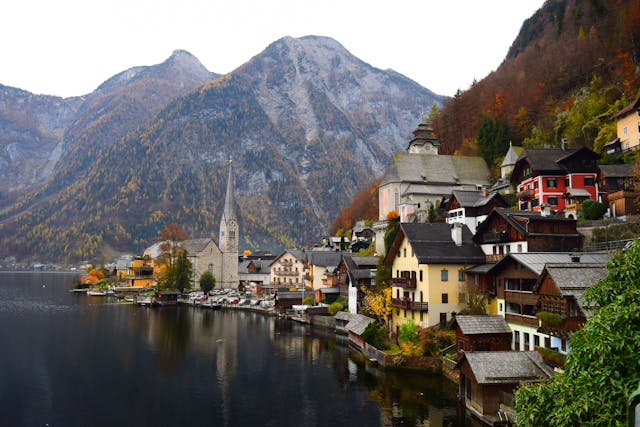Inflation in the eurozone hits a new record

According to preliminary data, inflation in the eurozone rose by 10.7% in October compared to the same period last year. Consumer price growth accelerated starting from 9.9% in September.
This is the highest yoy inflation hike since the formation of the eurozone. The 19-member bloc has been experiencing higher and higher prices, especially for energy and food, over the past 12 months.
Energy costs are promising to show record growth this month, from 40.7% in September to 41.9% at the end of October. Food, alcohol, tobacco are also rising in price — they became 1.3% more expensive over the month (11.8% — 13.1%).
Inflation is growing at different rates across the region. France shows a «modest» 7.1% growth compared to last year. Germany — 11.6% compared to 2021, Italy — 12.8%. In the Baltic States, the figure exceeded 20%. Growth depends on what measures the state has taken in the fight against inflation over the year — and how dependent on the supply of Russian gas and oil it was. In the current crisis, the war in Ukraine and the cessation of energy supplies from Russia play key roles.
Recession in the eurozone?
The ECB, inflation control being one of its main goals, confirmed that Europeans should expect an increase in key rates. Without this, it will be impossible to keep prices down. However, the increase in rates for the region is no longer a novelty. Just last week, the bank raised them by 0.75% for the second time in a row.
The president of the bank said that the risk of a recession in the region is growing. In the second quarter of this year, the European economy as a whole grew by 0.8%. The third quarter showed only 1/4th of this growth — 0.2%. However, there are thankfully only a few countries in which the economy has not grown at all, but only decreased — Belgium, Austria, Latvia.
Also today, the euro again fell below the dollar in price during early morning trading on the stock exchange. This is another indicator that a recession in the region is quite possible.
However, all this does not stop, for example, Croatia from wanting to switch to the euro starting with the New Year. The country’s leadership is confident that it will be easier to weather the crisis with a single currency.





